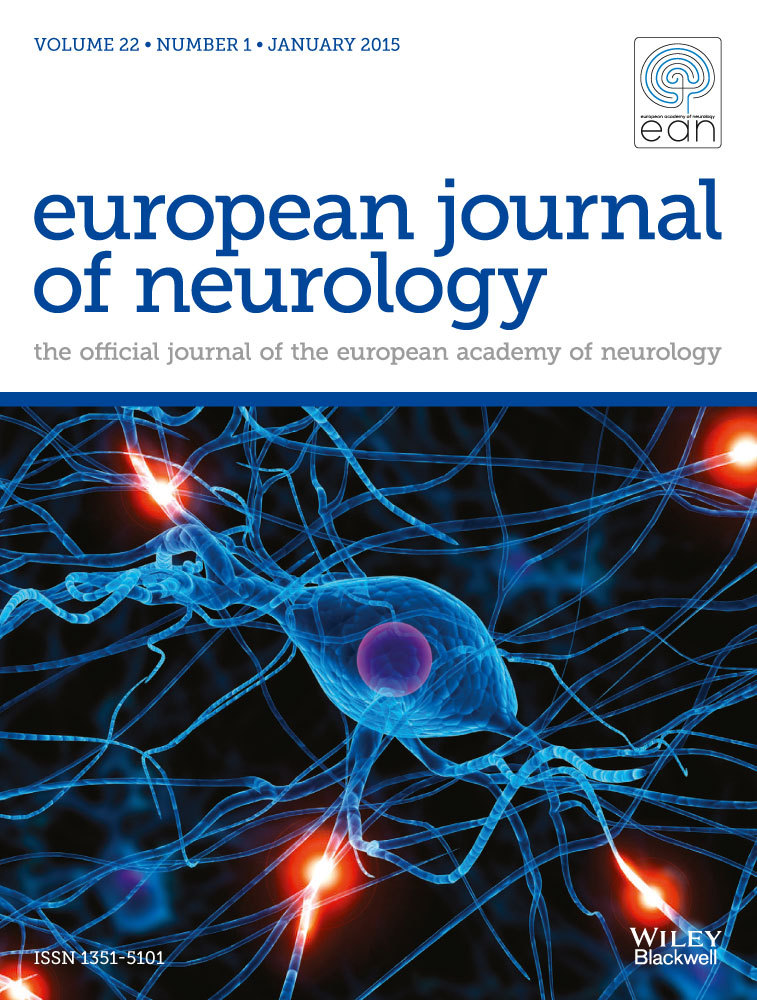Disease Trajectories of a Large French Cohort of 142 Congenital Myopathy Patients in Adult Age
Abstract
Background
Congenital myopathies (CMyo) are a group of rare inherited muscle disorders classified to date according to myopathological features on muscle biopsy. They usually present with an early onset, with a slow or non-progressive muscle weakness. The phenotypic spectrum is wide, ranging from severe early onset forms to milder and later onset conditions. Data regarding the disease trajectory of CMyo in adult patients are lacking. Here, we describe the clinical, myopathological, and genetic features of a large cohort of adult CMyo patients to facilitate their management in adulthood.
Methods
Global data of a cohort of 142 myopathologically and genetically defined adult patients, 76 women and 66 men, followed at Institute of Myology of the Pitié-Salpêtrière Hospital, were retrospectively analyzed focusing on muscular phenotype, cardiac, and respiratory assessment.
Results
RYR1-related CMyo was the most represented entity (N = 65, 45%), followed by DNM2-related CMyo (N = 26, 18%). Eighty-two percent of patients presented with a prenatal, infancy or childhood onset, including delayed motor milestones. An adult onset, defined as > 18 years (median age 43 years), was identified in 15% of patients (N = 18). Fifteen percent of patients were wheelchair-bound. The poorest respiratory outcome was found in SELENON-related CMyo patients.
Conclusions
This observational study provides long-term data on disease progression in CMyo. Adult CMyo patients generally presented mild motor disability at follow-up. Nevertheless, a subset of patients experienced loss of gait and severe respiratory failure. CMyo should be considered in the differential diagnosis of adult-onset myopathies due to the rare but possible late-onset forms.


 求助内容:
求助内容: 应助结果提醒方式:
应助结果提醒方式:


